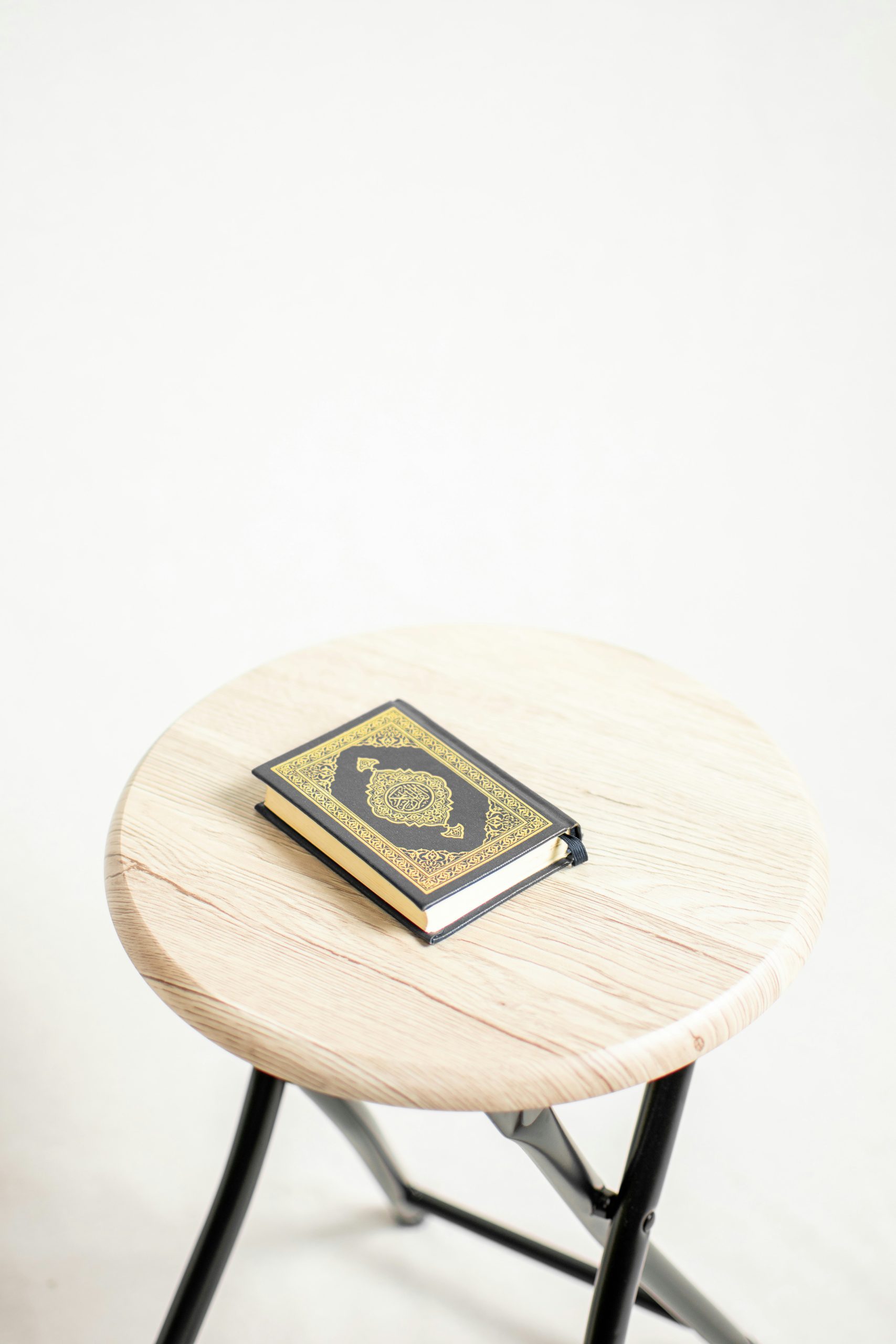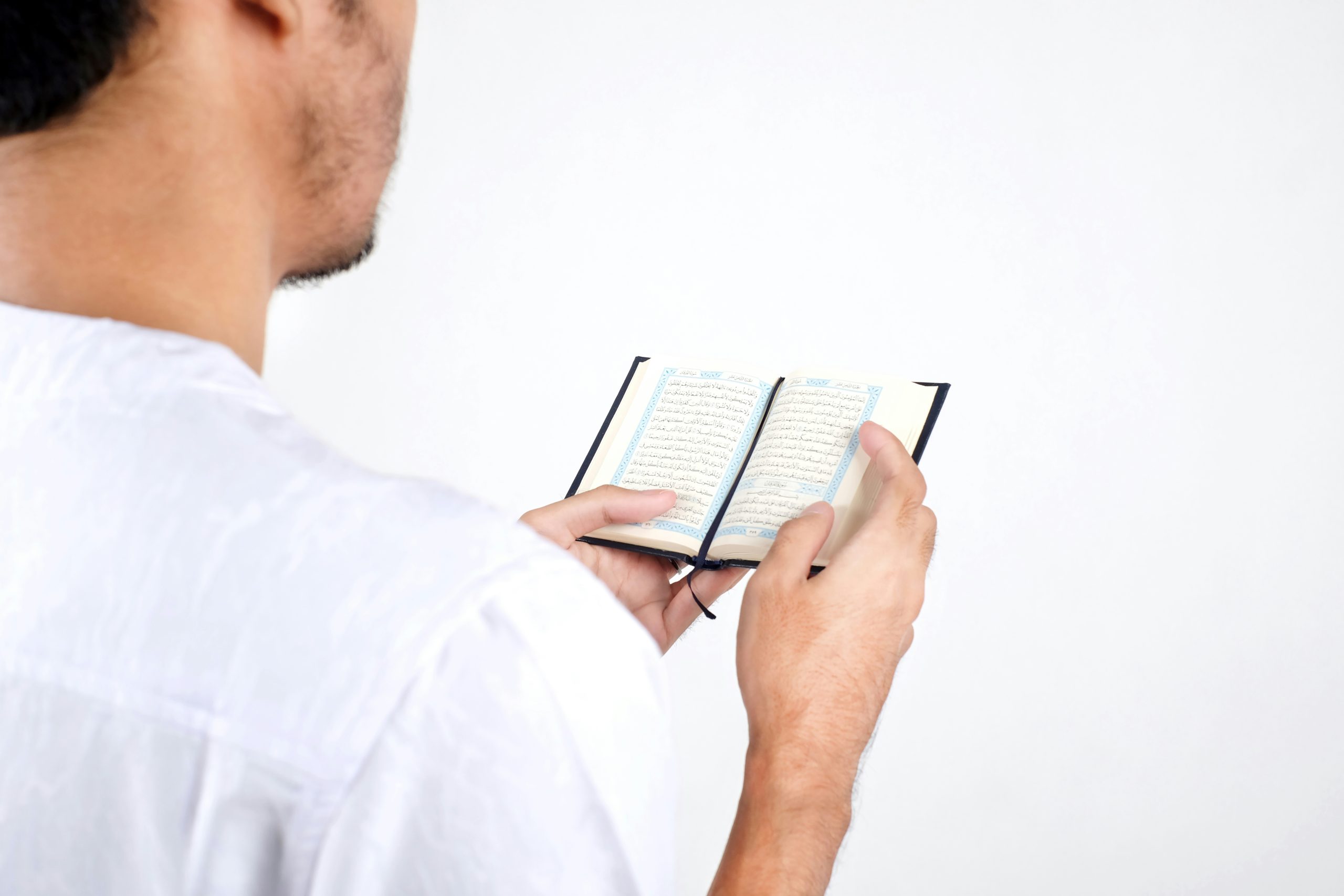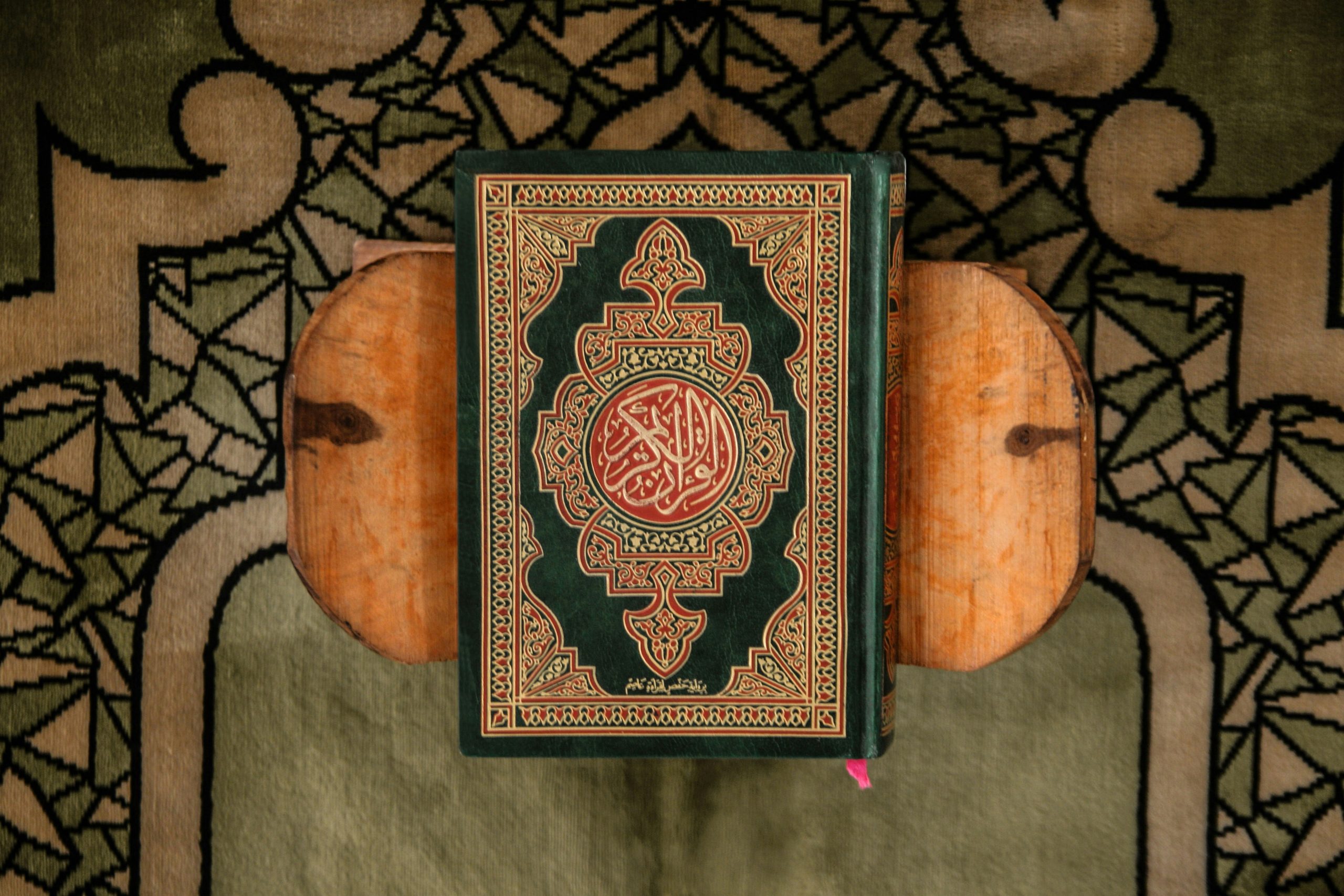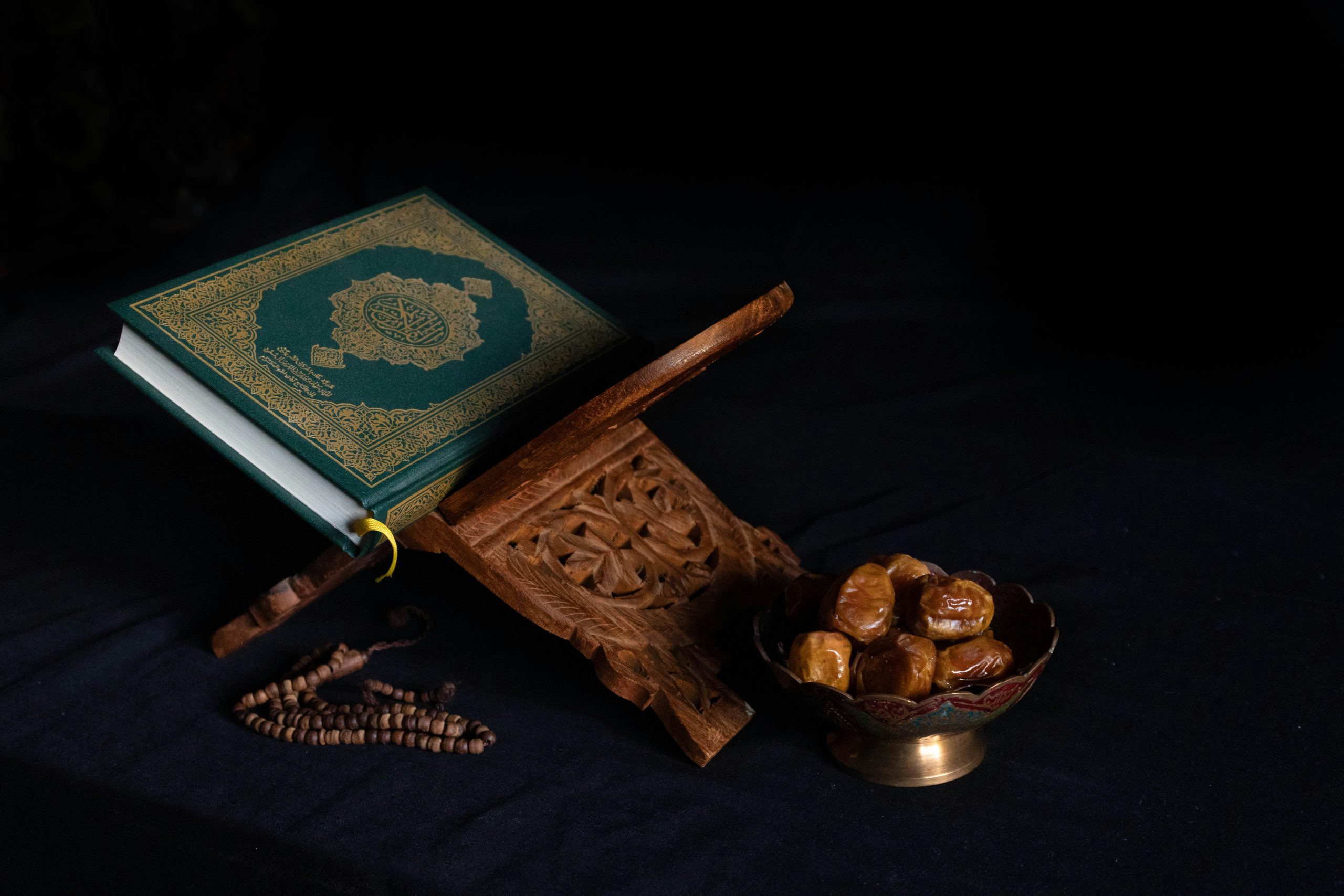As an ever-growing array of conflicts rage on in the world, a quietly powerful movement is emerging among young people who are waking up to their own biases. There seems to be a growing interest in the Qur’an, noted among young Americans. Going beyond mere academic curiosity; it reflects a genuine quest for empathy and understanding. It’s a movement driven by a desire to challenge stereotypes and misconceptions perpetuated by Western media, particularly in the aftermath of crises such as the humanitarian situation in Gaza.
As it becomes clear that social media activism is more performative than anything else, those who care for the cause are coming up with new and more embodied acts of solidarity. A recent Guardian article shared stories of Americans like Megan B Rice and Nefertari Moonn, who, driven by a desire to empathise with Muslim Palestinians, are turning to the Qur’an for insight. Megan’s exploration led to personal transformation, while Nefertari, initially spiritual but not religious, ultimately embraced Islam through her exploration of her husband’s Qur’an.

Abdullah A. Alghamdi’s thesis Role of Islamic Educational Values in Developing Emotional Intelligence Skills (2006) integrates principles from the Qur’an and the Sunnah into the educational curriculum. Using examples like when Prophet Mohammad [Narrated Numan bin Bashir] says: “The believers in their mutual kindness, compassion and sympathy are just like one body,” Alghamdi explores how Islamic values could infuse components like empathy into revolutionary educational practices.
Empathy: An Islamic Perspective (2023) by Abdul Ghaffar also highlights historical examples of empathy in Islamic history through Quranic verses of the Prophet Muhammad and discusses stories of Bilal ibn Rabah and Fatima al-Fihri, being positive and merciful forces in the world. Using these examples, Ghaffar points to practical tips for practising empathy in daily life, such as active listening, support and compassion.
In the blog post, What Does the Quran Say About Empathy? (2022), the concept of empathy in Islam, again as displayed by Prophet Muhammad, further emphasises the difference between empathy and sympathy. The author highlights instances where the Prophet showed empathy towards others, including his enemies’ families. The post uses this foundation to discuss the importance of empathy in current social contexts, such as Black History Month.

Thankfully, this movement of people finding radically empathetic interpretations of the Qu’ran extends beyond private readings and solitary reflections. Social media platforms like TikTok have become hubs of exploration, where users share their experiences with the Qur’an under hashtags like “quranbookclub.” Through videos and discussions, individuals from diverse backgrounds converge to engage with enlightened perspectives on the holy text.
Gone are the days when people purposelessly perceived Islam as something menacing. Unlike past instances where the Qur’an was approached with suspicion and fear, today’s readers are more likely to approach it with a genuine desire to learn from the lived experiences of Muslim Palestinians. As noted by Zareena Grewal, an associate professor at Yale, this shift represents a departure from previous engagements with the Qur’an, which were often tainted by preconceived biases. What distinguishes this movement is its ethical intentionality.
At the end of the day, one of the reasons why the Qur’an is so holy is because it is a beautiful book. Its eternal appeal lies in its diverse themes like beauty, environmental stewardship, gender equality, and scientific inquiry. This revelation resonates with young, left-leaning Americans who value social justice and sustainability. In a divided world, progressive interpretations of the Qur’an offer solace and hope. Exploring the Qur’an is not just about understanding a religious text; it’s about bravely embracing our shared humanity.



*Thumbnail Image courtesy of Jeffrey Okyere



















































